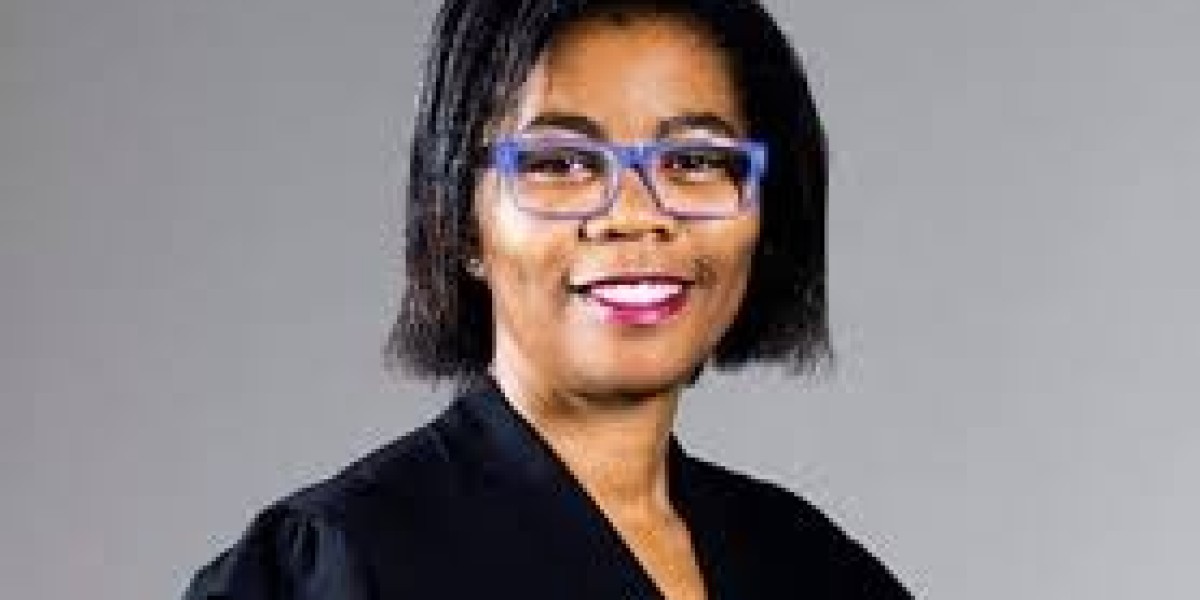The Unisa Puleng LenkaBula Crisis has become one of the most debated topics in South Africa’s higher education sector. At the heart of this unfolding saga lies a combination of leadership disputes, administrative instability, and governance challenges that have shaken the foundations of the University of South Africa (Unisa). As the first female Vice-Chancellor in the institution’s long history, Professor Puleng LenkaBula’s tenure was initially heralded as a milestone for transformation and inclusivity. However, what began as a promising new era has since spiraled into what is now referred to as the Unisa Puleng LenkaBula Crisis—a period marked by internal conflict, systemic dysfunction, and reputational decline.
The Origins of the Unisa Puleng LenkaBula Crisis
The Unisa Puleng LenkaBula Crisis did not emerge overnight. It has deep roots in the university’s inherited governance problems, which long predate LenkaBula’s appointment. Unisa has historically struggled with internal management inefficiencies, staff dissatisfaction, and tensions between council, senate, and administrative structures. When Professor LenkaBula took office in 2021, she inherited an institution already grappling with systemic instability. Her attempts to reform operations, strengthen accountability, and assert executive authority, though ambitious, clashed with entrenched interests within the university.
Leadership Disputes and Governance Breakdown
Central to the Unisa Puleng LenkaBula Crisis are allegations of mismanagement, autocratic leadership, and irregular decision-making. Critics have accused the Vice-Chancellor of creating a culture of fear and exclusion, claiming that her leadership style alienated senior management and staff unions. On the other hand, her supporters argue that she became the target of a coordinated resistance from those opposed to her reform agenda—particularly those who benefited from the university’s previous inefficiencies.
The breakdown in trust between LenkaBula, the university council, and staff unions created a governance impasse. Multiple investigations and public reports painted conflicting narratives: some portraying her as a reformer under siege, others as a leader whose decisions undermined institutional stability.
The Role of the University Council and the Minister of Higher Education
The Unisa Puleng LenkaBula Crisis escalated further when the Department of Higher Education and Training intervened. Minister Blade Nzimande commissioned an independent assessment that uncovered serious administrative lapses and governance conflicts at Unisa. The resulting recommendations called for the dissolution of the university council and the appointment of an administrator—a move that signaled government’s lack of confidence in the existing leadership structure.
LenkaBula, however, has maintained that she is being unfairly targeted as part of a broader political and institutional agenda. She has argued that her gender and firm leadership stance have made her a target in a historically male-dominated academic space.
Impact on Students and Academic Integrity
While the leadership feud dominates headlines, the Unisa Puleng LenkaBula Crisis has had tangible effects on students and academic operations. Reports of delayed graduations, administrative backlogs, poor communication, and declining staff morale have raised concerns about Unisa’s ability to maintain its academic standards. As one of Africa’s largest open-distance learning institutions, Unisa serves over 300,000 students—making its dysfunction a national concern.
The ongoing crisis threatens not only the university’s reputation but also the credibility of the qualifications it awards. Stakeholders fear that continued instability could jeopardize Unisa’s role as a leading African educational institution.
A Symbol of Broader Challenges in Higher Education
Beyond the immediate conflict, the Unisa Puleng LenkaBula Crisis reflects deeper systemic problems in South Africa’s higher education landscape—issues of transformation, governance, political interference, and resource management. The crisis underscores how universities, especially large public institutions, struggle to balance autonomy with accountability, inclusivity with efficiency, and transformation with competence.
The Road Ahead
Resolving the Unisa Puleng LenkaBula Crisis requires more than leadership changes or ministerial interventions. It calls for structural reforms in governance, transparent communication between stakeholders, and a renewed focus on the academic mission of the institution. Whether Professor Puleng LenkaBula remains at the helm or not, the lessons from this crisis will shape Unisa’s future trajectory for years to come.






